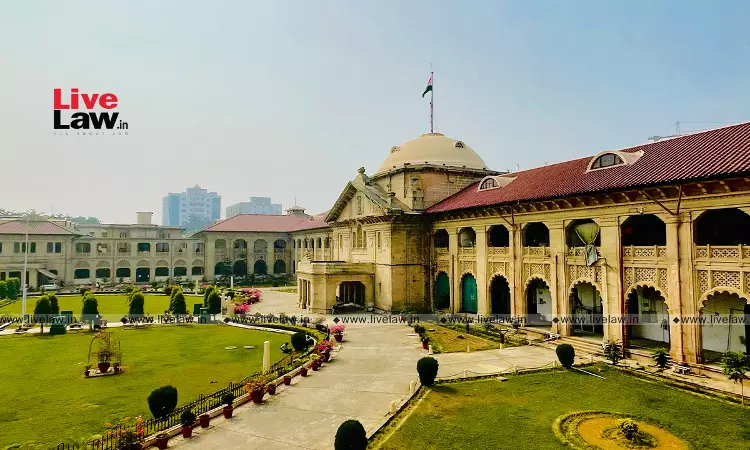'Victim' Appears To Be A Consenting Party: Allahabad High Court Upholds Acquittal Of 4 In 2009 Rape Case
Sparsh Upadhyay
22 Oct 2024 2:25 PM IST

Next Story
22 Oct 2024 2:25 PM IST
The Allahabad High Court recently upheld the acquittal of 4 men in connection with an alleged rape case dating back to the year 2009, as it concurred with the view of the trial court that the victim appeared to be a consenting party. A division bench comprising Justice Rajiv Gupta and Justice Ram Manohar Narayan Mishra noted that it is a settled principle that while exercising...
